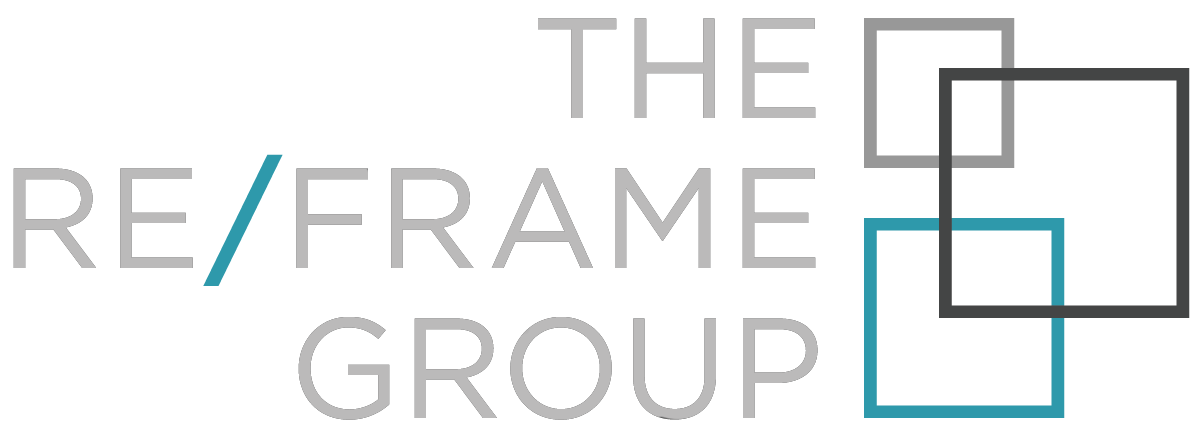
Glenn Hilton
How big is your team today?
How do you define organizational culture at the highest level?
If you could create the ideal organizational culture with no restrictions like cost or time what are the first three things that come to mind for you?
- Create (an) awesome spaces for people to work
- Give people the freedom to be who they really are
- Launch and sustain programs that promote and integrate core values
Creating an awesome space for people to work and build relationships is important. In your home you need to have that space and you also need to have that in the office (for those that are still able to work from there). For our clients in the digital realm, we’re trying to create experiences for them because in today’s world and the challenges of the pandemic with all the different things coming at us, it’s great to be able to create an experience where you feel like you can still connect in meaningful ways.

Build a culture that gives people the freedom to be who they really are. Allow your people to act on their capabilities and strengths. A great company lets individuals be leaders in their area. We want to live by the Mastery, Autonomy, Purpose mantra. We want to ensure that our team members feel that their opinions matter, they are validated and empowered, protected and that the organization is going to go to bat for them. They trust leadership and we trust their leadership. A great culture is transparent and does what they say.
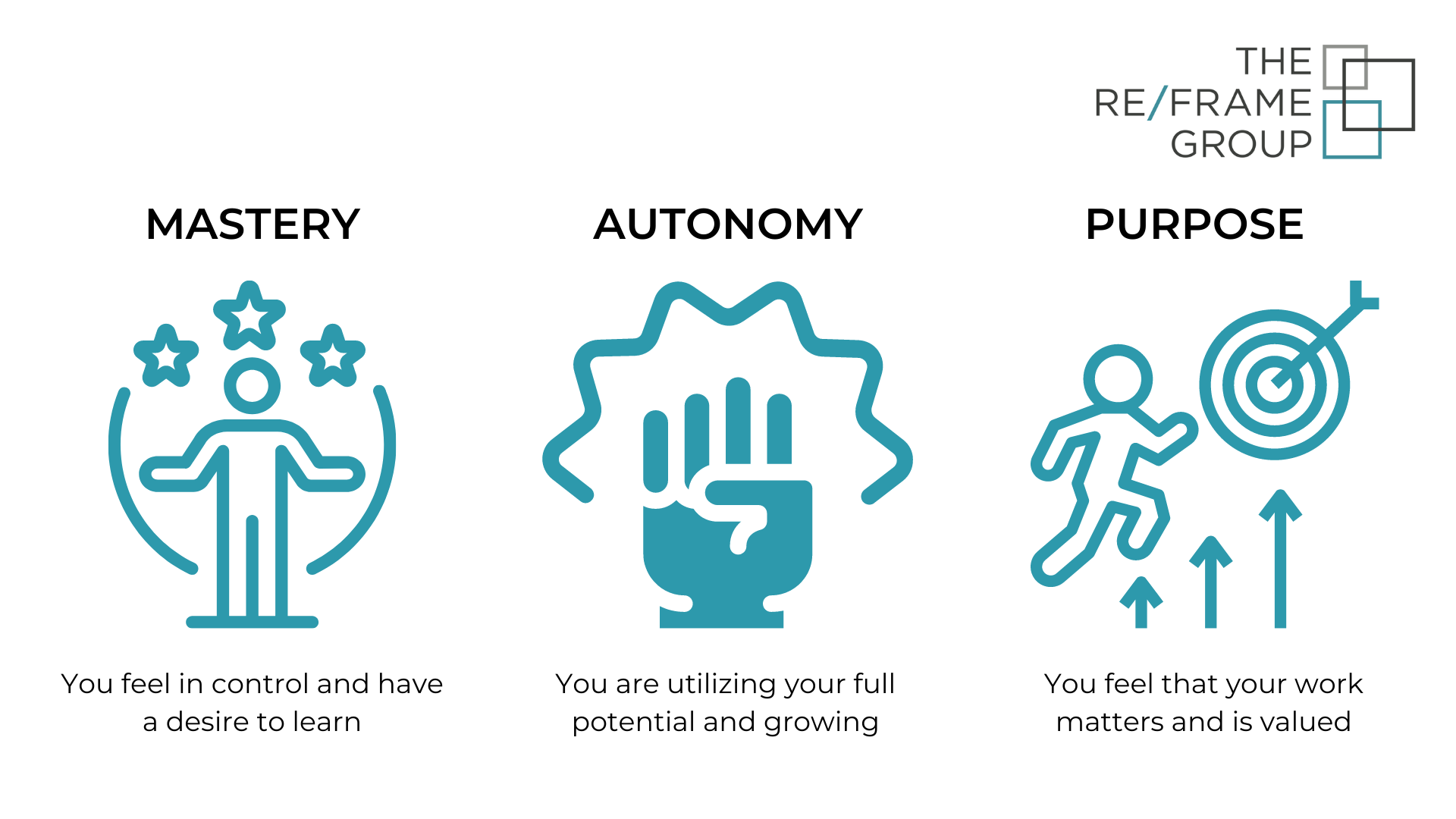
We recently held our quarterly “State of ImageX” meeting. In that meeting, the leadership team runs a presentation with a video to kick it off. In that meeting, we hit on all the key areas of our organization. At the end, we opened things up for team members to share and it was so encouraging. Team members shared some heartfelt feedback including, “this is the best company I’ve ever worked at”, “I love this company”, and more voices chimed in, in agreement. It was spontaneous and refreshing, but it didn’t happen overnight. It happened because we’ve been committed to hiring team members with our values and culture in mind and running the company on those values.

How big was your team when you first started thinking about organizational culture?
I was in Chicago at the time that I was reading the book and I came across the section where they talked about how they provide incredible customer service and though they sell shoes you could really call them about anything you want. The longest sales call they ever recorded was 8 hours and I don’t remember if the person even bought any shoes. So I thought I’d give it a try myself so I picked up the phone and I called Zappos and I said, “Hey, I’m in Chicago and I’m hungry. I hear they’re good at deep dish pizza in this town, do you have any suggestions?” And boom, right away the Zappos employee pulled up a couple of different spots and told me a cool place to eat. I was like, “awesome, thanks so much!” I just wanted to try it out to see if they actually train their people, like they say they do. I knew I wanted to build an organization like that.
How about when setting an organizational vision for your team?
When we started ImageX, sky was the limit, there was still a lot of blue ocean out there. But over the years as competition grew that’s the water has gotten a whole lot more red. I remember when I first saw that MarTech diagram with 5000 different options on it. Just look at the CMS space alone, it’s amazing how crowded it’s become. And when you narrow it from CMS to just get down the Drupal realm, that’s really exploded over the years too. There are literally hundreds of specialized Drupal development shops we compete with today.
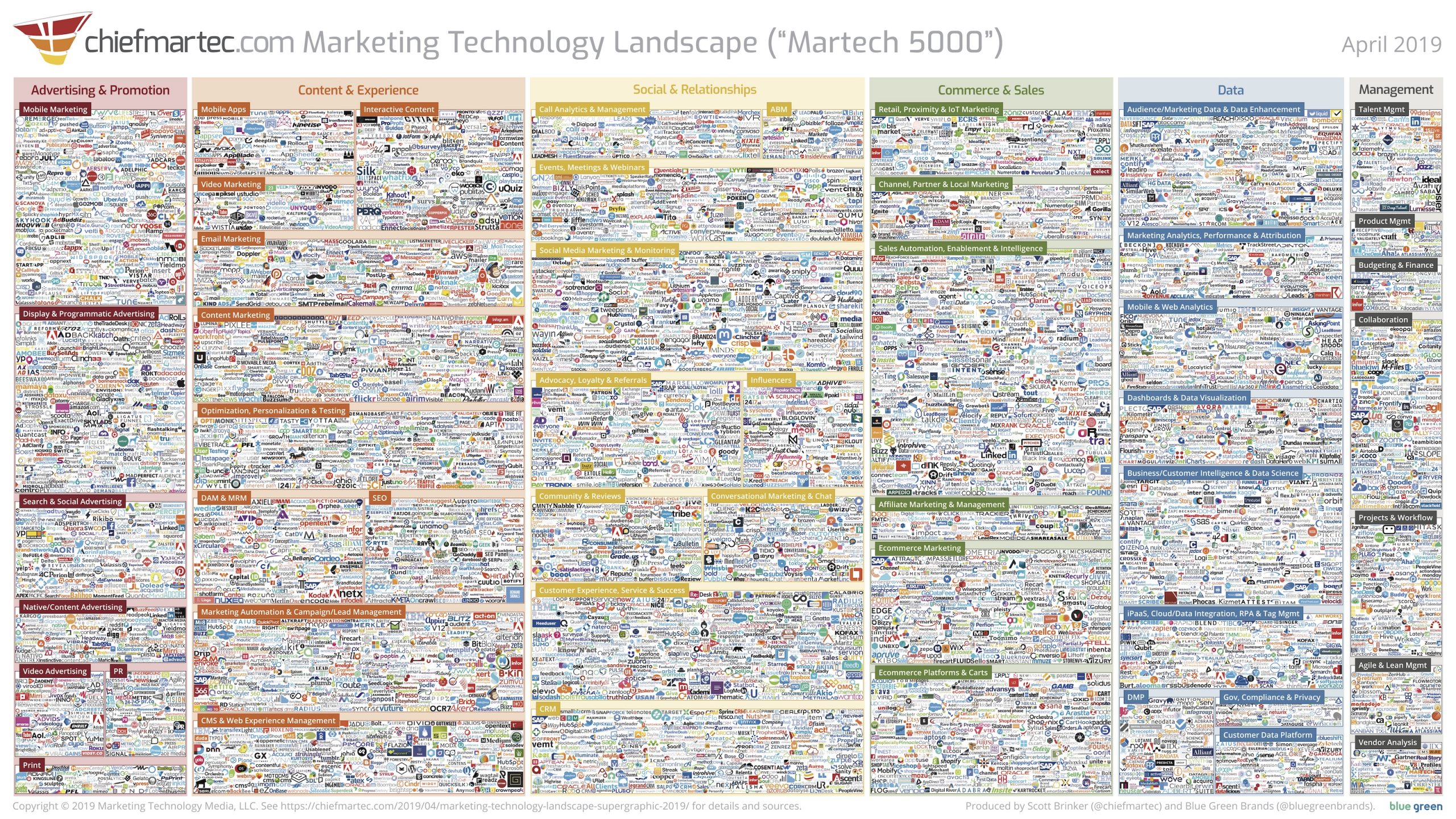
If you were advising a new entrepreneur today, when would you advise them to begin working on organizational culture? What are the first three things you’d recommend that they do?
I’d encourage them to work on their core values right from the get-go and start their organization by formulating those and getting their values clear so that they don’t have to go through the mushy period of time of figuring that out and recognizing when you are hiring people that don’t align or fit. I would get them to sit down and work on their vision and figure out where they want to go as an organization and what will draw somebody in and make them go, “Dang! That’s something I want to get on board with.” Finally, I’d encourage them to sit down and work on their leadership model. How are they going to provide leadership to their team? How are you going to use your time? There are a lot of different ways to use your time as an entrepreneur and it is your most valuable asset. I’d make sure they read Michael Gerber’s book, The E-Myth Revisited. It’s an awesome book for any entrepreneur.
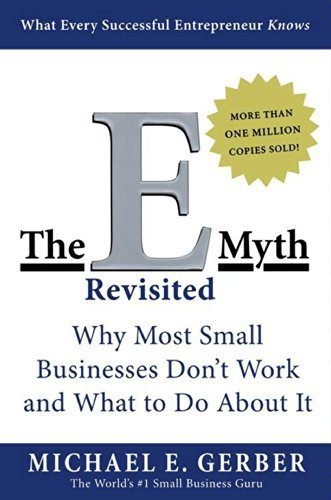
When you’re first getting up and starting, you have to wear so many hats and you may love baking the pies but if you keep doing that then your business may not grow like you’d like. We all love making the pies because it’s fun and it’s why we started, but to grow our business we may have to stop making the pies. I loved designing the pies I mean websites for my clients. I had the hardest time stepping out of that. I want to go back to it all the time because it’s so fun. If I was still making the websites my company wouldn’t have grown anywhere near where we’re at today.
When you first started out at what point in your company’s growth/size did you hire your first dedicated People + Culture/HR team member? How did you know that that person was the right fit for you?
I think you can really get by though by hiring a part-timer if you’re a small company or going to an agency for part-time help. For our business, the recruitment and retention of your talent are just as important as sales and delivery, if not more, because you’ve got to bring in the right people. If you are handing that off, you need someone you really trust to be able to make the hard decisions. In the early days, I handed off the recruitment decisions too early, before I’d learned enough about it. Some hires might be extremely talented and successful in their role but can bring all sorts of cultural challenges that are costly in the long run. I am still involved in recruitment decisions today as it’s such an important part of organizational success. I try to get in at least one interview for each new hire.
Today, we have a Director of HR and they are amazing and I completely trust them with everything related to HR for our organization and we have a fantastic recruiting, HR, and admin team as well. They are all really critical to our success.
As your company grew past the point where everyone reported to you how did the challenge of cohesive culture evolve and change?
What were the top things you are dealing with around People + Culture today?
The competition for top talent these days has really stepped up. We’ve had multiple team members picked off by large multinationals. It’s very challenging to compete with double salary offers, signing bonuses, and other things that a small agency may have a hard time competing on. It’s been especially challenging since COIVD started as there are always new challenges coming at you whether it’s a competitor poaching your top team members or a client who has had to reduce their services due to the impact of the pandemic on their business. It’s a time for resilience and our team has been working above and beyond to find new opportunities and I’m proud of them for it!
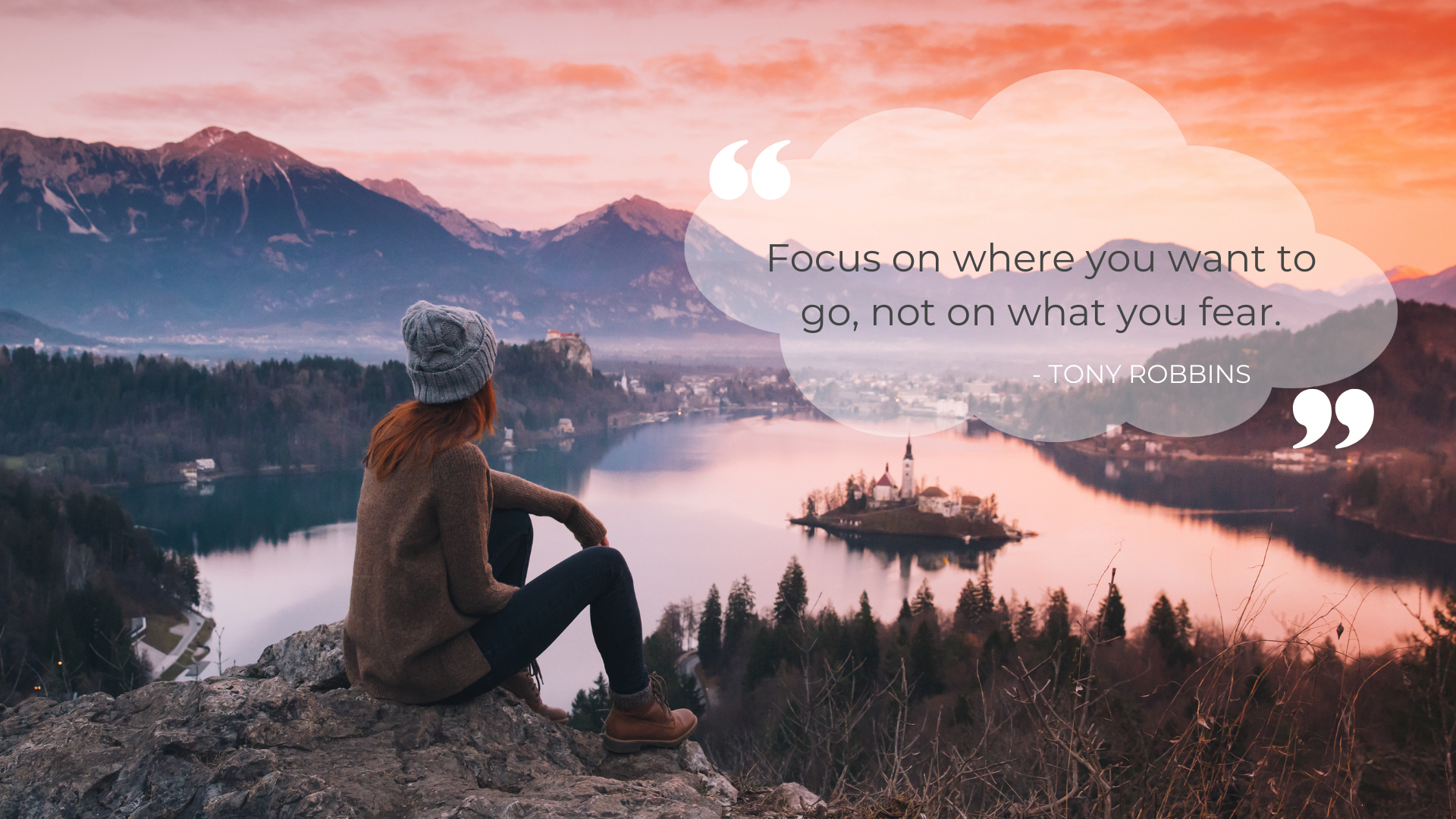
What are some of the things you’ve done that have worked to retain your top talent?
Tell us a story about hiring a team member where they had a less than ideal experience with your organization. When did you know it wasn’t a fit? What action did you take?
Hiring is kind of like dating in that we want someone who has had enough experience to know that we – our values and our company – are right for them. With each new role and employer, we learn more about our personal working styles and what will suit us best. That’s why it’s so important when we project who we are as a company that we are very clear about what our values are, what we’re all about, and what our culture is like. When potential hires know what they want because they’ve had enough bad and good experiences that are important. They look at our organization and they know it’s what they are looking for. I love that. That’s exactly what I want in a new team member, an alignment of values.
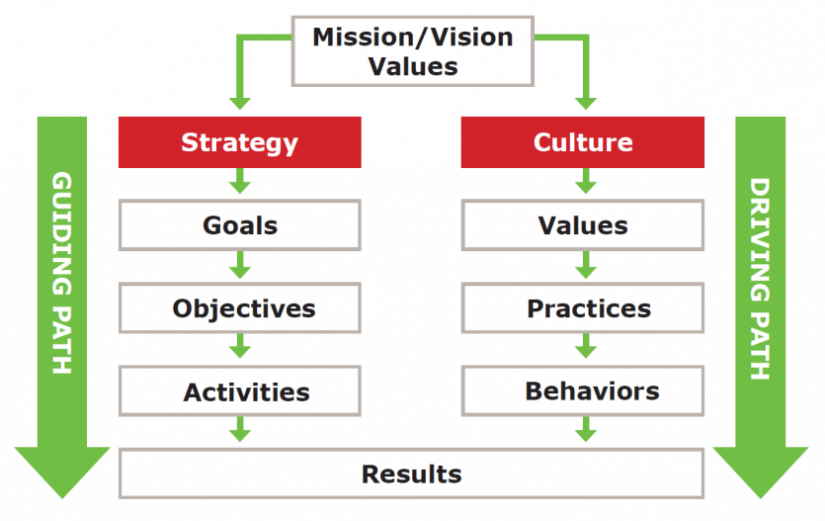
What’s the most challenging part of your job as CEO today, as it relates to People + Culture?
I remember I watched a movie called U-571 where Matthew McConaughey was a navy captain and there was this scene where he got scolded for telling the crew he didn’t know what to do and I remember thinking, that captain is totally me!
When I saw that I was concerned as that’s not the type of leader I am. It made me feel like I’m not the right guy for this job. I’ve learned that I can be who I am with my own style and that I don’t need to have all the answers all the time. I’ve learned to surround myself with good people that are better than me in the areas that I’m not as strong, and that I need to focus on doing what I’m really good at! Then I tend to really love my job! I’ve learned to lead with a bit more balance. Sometimes I hold back on sharing certain things that I may be pondering if I feel like maybe it will get our people off track. It is such a fine line. Your team is always evaluating what you are doing and saying. Anytime they are seeing any duress or stress they’re picking that up off of you. When you are identifying and pointing out risks, they amplify it. You are in this bubble all the time and you have to be wise. You have to figure out how to stay positive, competent, enthusiastic, keep your team energized, going forward, battling, and keep driving them towards that vision.
I’ve learned that sometimes I need to take things outside the organization to my mentors and external experts to share and use as a sounding board with some of those things that aren’t best suited for the team. I connect with my mentors, other CEOs and share what I am dealing with. I’ve actually found a lot of solace in that. I used to be a part of a Drupal agency network of competitors and we would meet and share everything together. I can remember hearing things like “I’m not CEO, every day I just want to quit”, or “If any one of you gives me $10 I’ll sell you my company today”, or “I think I put five years on my life for every year I put into this business”. Hearing these things from my peers was music to the ears. It was so refreshing to find others that have walked in my shoes and know how hard it is to run an agency. Some of these guys are some of my best friends today. I’d encourage everyone to find and build a network of people that do what you do and share your heart with them. You will get 10 fold back beyond what you give.
What were the most significant changes you’ve seen in the HR/People + Culture space in the last 20 years?
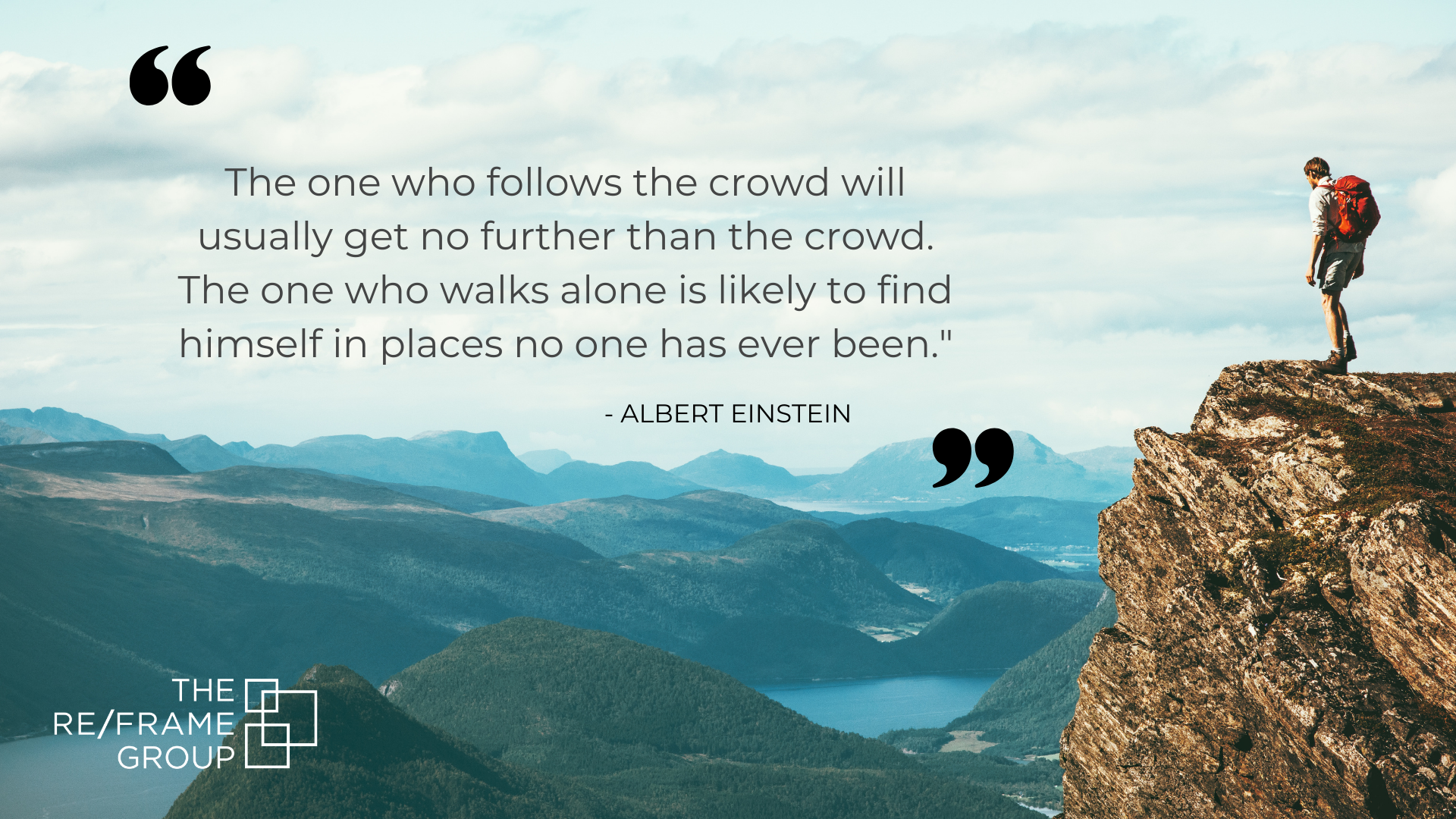
When you think of poor organizational culture what are the first three things that come to mind?
- They don’t care about their people.
- They plan deadlines on Mondays so you can work through the weekend.
- They don’t really listen to their people and only pay lip service/pretend to listen.
- Get it done. Who cares about quality.
- It’s all about getting those billable hours or filling the order regardless of quality
- Work-life balance is not something that’s known or understood.
Thank you so much to Glenn Hilton for sharing so extensively and bearing his leadership soul for the betterment of others. Glenn always amazes me with his candor, honesty, and transparency. We can all learn a lot from Glenn. Thanks again!
